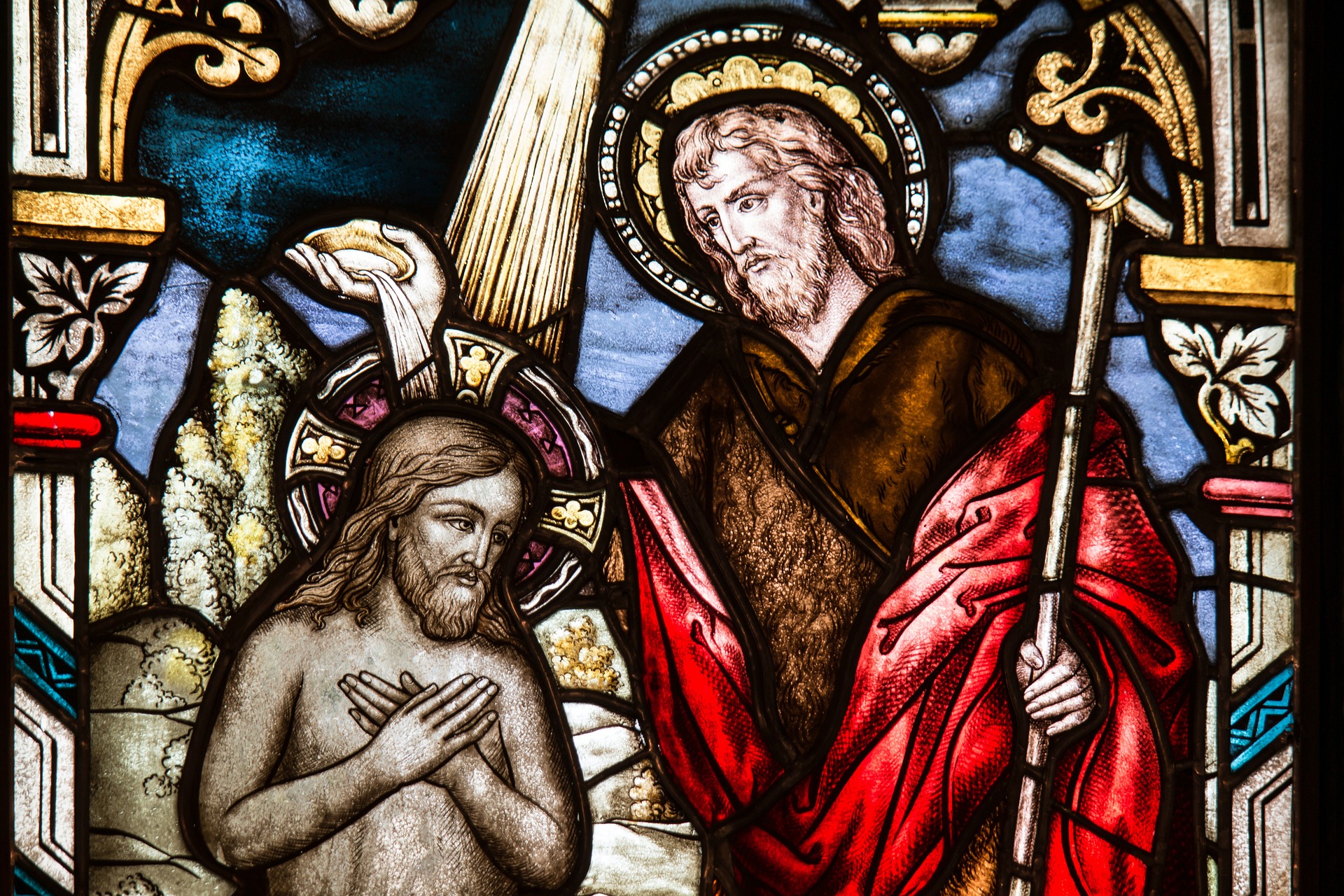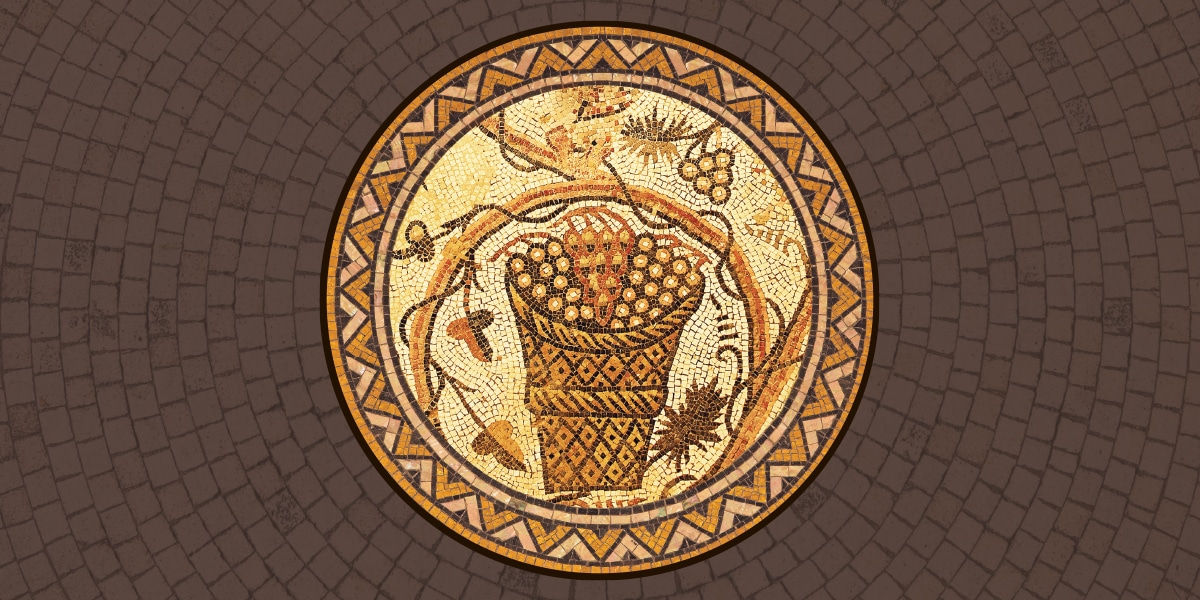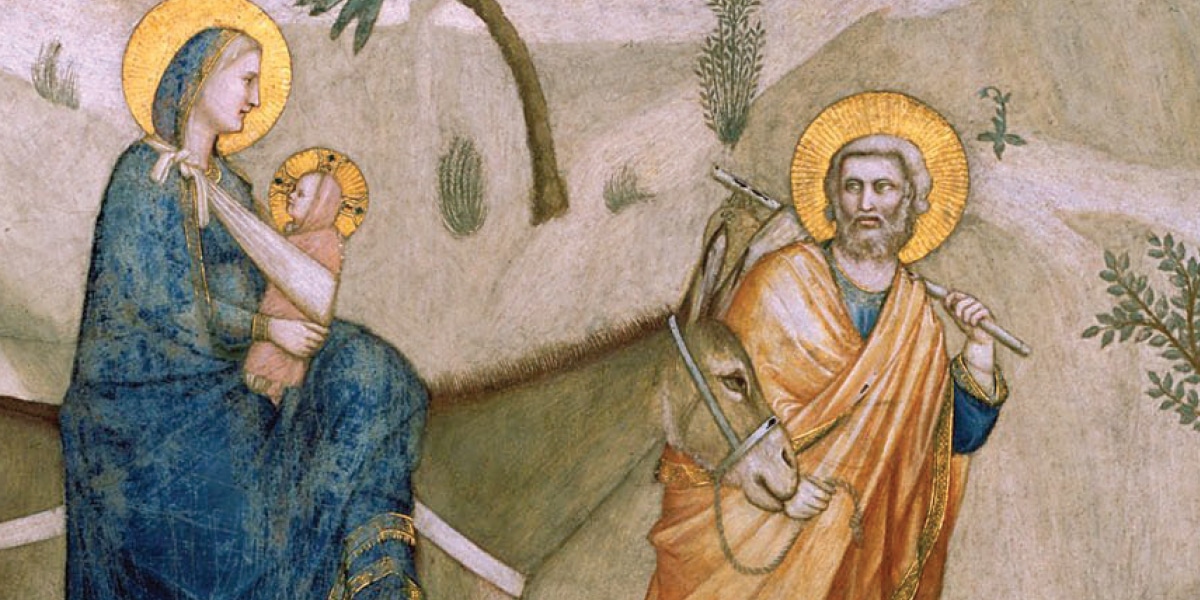Q: The Catechism of the Catholic Church states that God made “him [Jesus] to be sin who knew no sin, so that in him we might become the righteousness of God” (602). What does this mean? How can the Son of God be sin?
I think that I understand why Jesus died for us, rose from the dead, and ascended into heaven. I grasp the reason for his suffering and its relationship with our lives—and how we should live them. What I don’t understand is the quoted text and what it should mean to me.
A: Yes, this is a puzzling text. The Catechism is quoting here 2 Corinthians 5:21, as the footnote indicates. In the New Jerome Biblical Commentary (NJBC), Jerome Murphy O’Connor, OP, writes: “This verse expands vv 18-19 by explaining the role of Christ in reconciliation. He made him sin who knew no sin: As Messiah (Is 53:9; Pss. Sol. 17:40-43; T. Jude. 24:1; T. Levi 18:9), Christ was acknowledged as sinless (Heb 4:15; 1 Pet 2:22; Jn 8:46; 1 Jn 3:5); yet through God’s choice (Rom 8:3) he came to stand in that relation to God which normally is the result of sin” (Charles Kingsley Barrett, The Second Epistle to the Corinthians, 1973).
O’Connor continues: “He became part of sinful humanity (Gal 3:13). So that we through him might become the righteousness of God: ‘Through God’s loving act in Christ, [we] have come to stand in that relation to God which is described by the term righteousness, that is, we are acquitted in his court, justified, reconciled’ (Barrett). Humanity is what it can and should be only as righteousness.”
At this point, the NJBC’s editors refer to sections 68-70 of that volume’s “Pauline Theology” article by Joseph Fitzmeyer, SJ. He writes that when “Paul says that Christ has ‘justified’ human beings, he means that by his passion, death, etc., Christ has brought it about that they now stand before God’s tribunal acquitted or innocent—and this apart from deeds prescribed by the Mosaic law.”
The footnote for section 602 of the Catechism also cites Philippians 2:7, which says that Jesus emptied himself to take the form of a slave. In the passage from 2 Corinthians, Paul may have been making an implicit reference to God’s command that Aaron, acting on behalf of the Hebrews, symbolically transfer their sins onto a goat that was then sacrificed (Lv 16:20-28).
After Jesus was crucified, died, and was buried, and then rose from the dead, the Christian community sought to explain the reason for this. Christians from a Jewish background would naturally consult it for assistance in understanding Christianity’s central event—and a potential obstacle to the spread of Jesus’s good news.
As I wrote in my “Dear Readers” column two months ago, some later theologians, such as Blessed John Duns Scotus, have cited Colossians 1:15 about God the Son as “the firstborn of all creation.” They have then asked: “Was the Incarnation always intended and was not simply God’s response to Adam and Eve’s sin?” Scotus wrote that the Incarnation, God’s greatest work, could not have been caused by human sin. That assertion has never been formally accepted or rejected by the Catholic Church.








